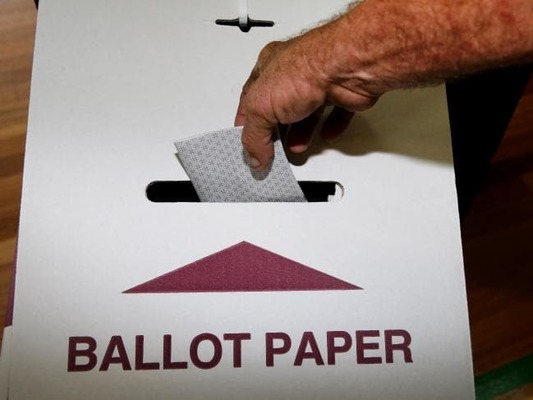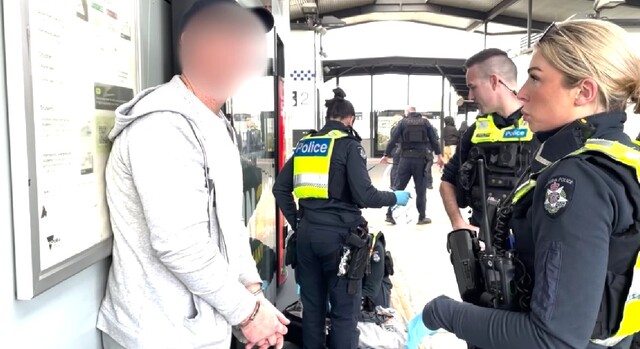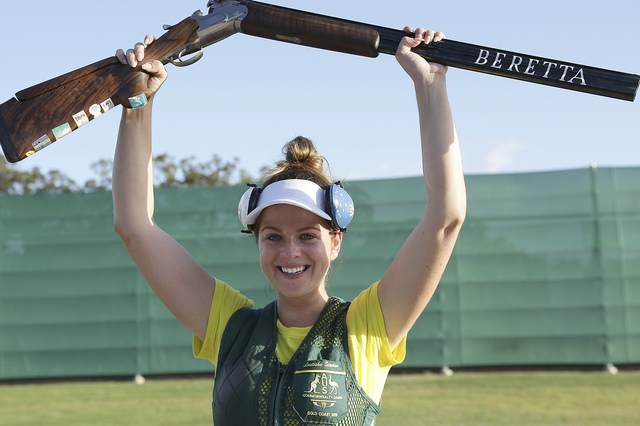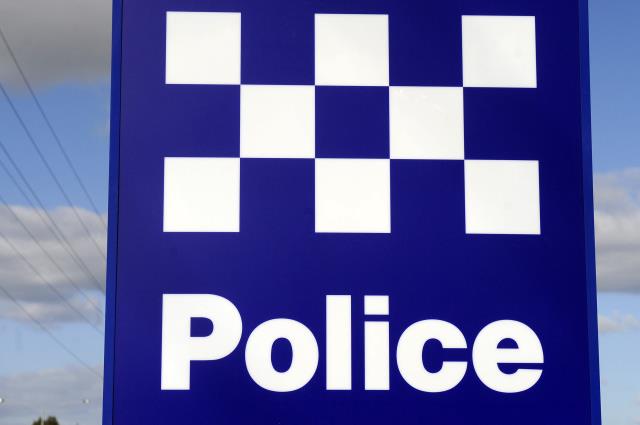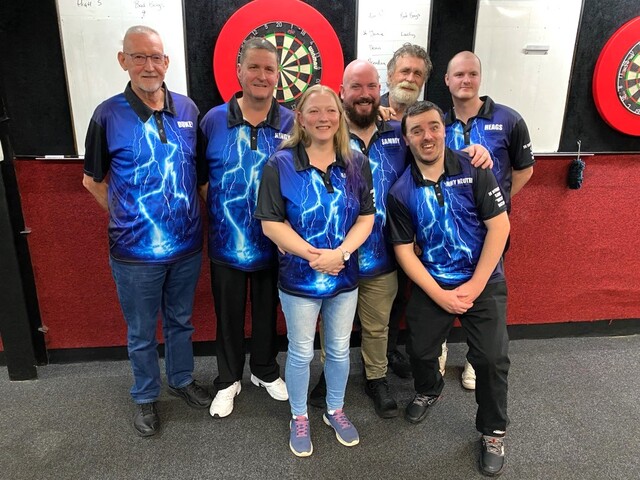For the first time ever, the Victorian Electoral Commission (VEC) has launched a new multicultural inclusion plan which will span the next three years, aimed at improving electoral participation of people from culturally and linguistically diverse backgrounds across the state and ensuring everyone’s voices are heard.
This new commitment from the VEC aims to improve electoral information and services and ultimately, make voting more accessible for Victoria’s growing multicultural community, many of whom live in Dandenong and Melbourne’s south eastern suburbs.
Having launched late last year on Monday 14 December, the VEC is excited to see the plan now already underway, with electoral commissioner Warwick Gately thanking all those involved and stating the plan was an exciting step forward for accessibility in the voting system.
“The plan has been developed following extensive consultation with staff, the VEC’s advisory groups, the Victorian Multicultural Commission and broader culturally and linguistically diverse communities in Victoria,” Mr Gately said.
“This plan cements our commitment to ensuring that more Victorians from our culturally and linguistically diverse communities can vote.”
The multicultural inclusion plan will focus on four key priorities, including accessible information and services, recruiting diverse, multicultural staff, engaging with Victoria’s many communities and ensuring all staff and services are capable of catering to each and every Victorian.
Being the most culturally diverse municipality in the state, the Greater Dandenong region is set to benefit greatly from this new plan, with approximately 60 percent of Greater Dandenong’s population being born overseas and 14 percent having a limited fluency in English.
Dalal Smiley, the chief executive officer at Wellsprings for Women, a nonprofit organisation for migrant and refugee women in Dandenong, said she believed the plan was “a great initiative” and would help multicultural communities participate in Victoria’s democracy in an “informed way”.
“These strategies will lead to better outcomes for multicultural communities because we know that people relate to people who are like them,” Ms Smiley said.
“So for example, if there is a Vietnamese speaking staff member in the electoral commission who is able to engage and connect with the Vietnamese community and explain to them about the electoral system, how to vote and why it’s important and all that… then we know that the message will be delivered in a culturally appropriate and accessible way.”
Ms Smiley said she believed it was a promising step in the right direction, but ultimately that “the proof would be in the pudding”.
“I believe that if this is implemented well, then participation from multicultural communities will increase and then their needs will be better reflected as well,” Ms Smiley said.
“It’s about engaging communities and really building their confidence and teaching them that it is a worthwhile process to be participating in.”
Peter Harrison, the general manager for employment at AMES Australia said that through their work with refugees, AMES found that many immigrants were keen to be more involved with their local communities, and having the “right to vote and choose our political leaders” is something that many Victorians “take for granted”.
“One of the things that we find with refugees coming to this country is that they work so hard to escape and leave the places where they’re moving from because they don’t have freedom and one of the things they’re keen to do is set down roots and engage in local communities and civic life,” Mr Harrison said.
“Having fair, transparent elections and the right to vote is something that they haven’t had the opportunity to do in their own countries,” Mr Harrison noted, saying that even without language barriers, Australia has “a complex electoral system” that “just takes time to understand”.
It’s not only older culturally diverse generations who will benefit from the VEC’s multicultural inclusion plan, but many multicultural young people as well.
Minh Nguyen, the senior manager for the south east regions at the Centre for Multicultural Youth said that when given the opportunity to voice their opinions and actively participate in civic duties, young people had “a lot to say”.
“Multicultural young people are really keen to participate, they’re really keen to become active citizens and they’re really hungry to express how they would like to see society reflect their aspirations and the future,” Ms Nguyen said.
Ms Nguyen believes that the multicultural inclusion plan is “a great start” and will help work towards a more inclusive and diverse workforce, hopefully engaging with more community members, young and old, and assisting them to become more voter literate.
“I think that it’s a really good thing for the local community, because one: they’re going to have a workforce that represents the community and also, hopefully it kick starts some job creation for local people as well,” she said.
If you would like to find out more, the Victorian Electoral Commission’s multicultural inclusion plan is available to download from their website at www.vec.vic.gov.au

